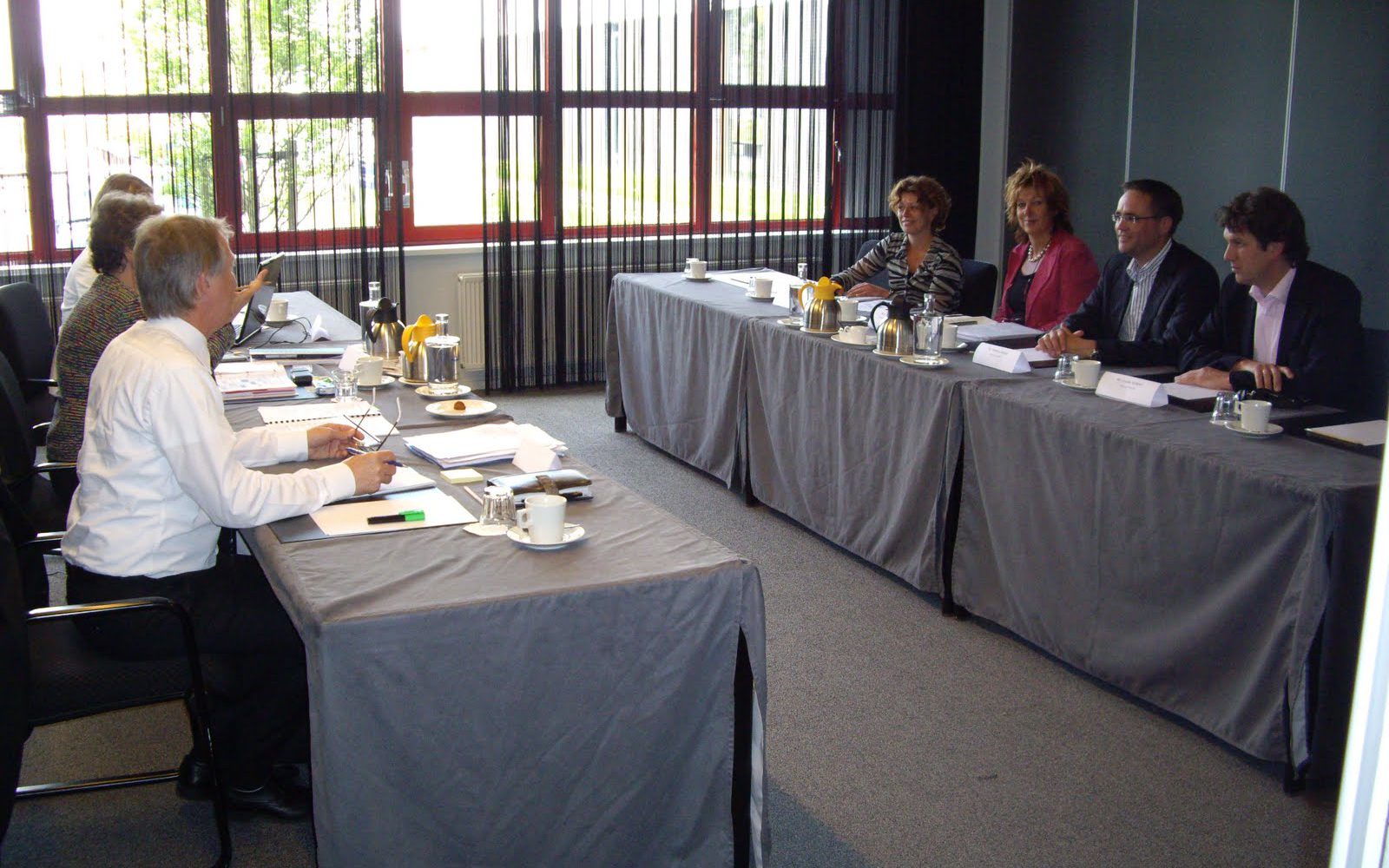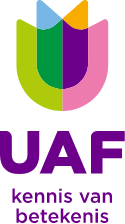Opinion formation by accreditation review panels

The quality of higher education institutes or programmes is periodically assessed by independent review panels. In my research, I examine how such ad-hoc, multidisciplinary panels of peers work together to reach a reliable collective verdict.
Interested? Read on, or contact me!
Approach
My research approach combines philosophy of science with insights from social psychology and sociology, and my own fieldwork into the practices of review panels. I examine first-hand how review panellists work: how they assess (self-evaluation) reports and other documents, their exchanges with educators and fellow panel members during campus visitations – and finally, how a review panel reaches a collective verdict about an institute’s or a programme’s quality.
A central theme in my research is the connection between epistemic trust (that is, knowledge-related trust) and social trust. For instance: if somebody gives me certain information, to what extent does the credibility of the information depend on the trustworthiness of that person – and to what extent should it? On the basis of my research, I hope to make an interdisciplinary contribution to the social epistemology of collective opinion formation, as well as inform policy makers and educators in their efforts to develop and improve review practices and their impact on the quality of higher education.
Supervision
The scientific supervisors of this project are prof. dr. Jan-Willem Romeijn (Philosophy, University of Groningen), prof. dr. Rafael Wittek (Sociology, University of Groningen), dr. Tonnie van der Zouwen MCM (Avans UAS), and dr. Jan Albert van Laar (Philosophy, University of Groningen).
The practical and societal relevance of my research is monitored by my stakeholder group, representing:
- Assessment agencies Academion, AeQui, Hobéon and NQA.
- Dutch-Flemish accreditation body NVAO.
- QA departments of several universities of applied sciences.
- The Netherlands Association of Universities of Applied Sciences.
- The Inspectorate of Education, Netherlands Ministry of Education, Culture and Science.
Privacy and data management
To protect personal and company information, all research data is handled carefully. Privacy and data management measures comply with GDPR regulations and University of Groningen policy. For instance, research data is only stored on University of Groningen’s secure data servers, and all participants are asked for explicit informed consent before interview or observation notes are recorded. For more information, please contact me.
Funding
My research is primarily funded by a doctoral grant of the Netherlands Organization for Scientific Research (NWO), grant number 023.016.011.
For its five-year duration (2021-2026), I’ve pledged 1% of my grant to the UAF. The UAF is a Dutch NGO that provides support to refugee students and professionals in their studies and employment.
Additional funding is provided by Avans UAS, and by the research programme Sustainable Cooperation – Roadmaps to Resilient Societies (SCOOP), a 2017 Gravitation Program funded by the Netherlands Organization for Scientific Research (NWO) and the Dutch Ministry of Education, Culture and Science (OCW) (grant number 024.003.025).

